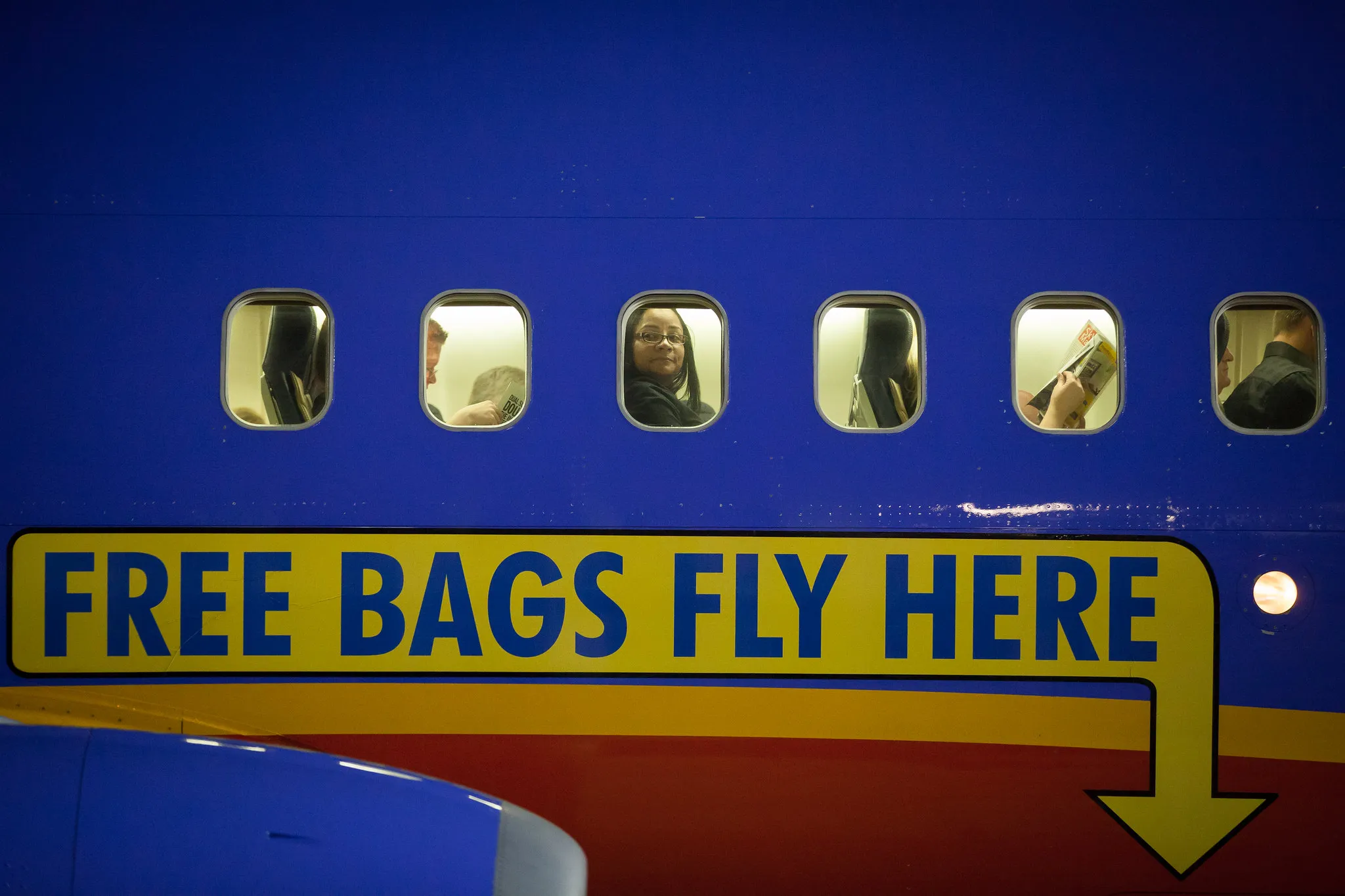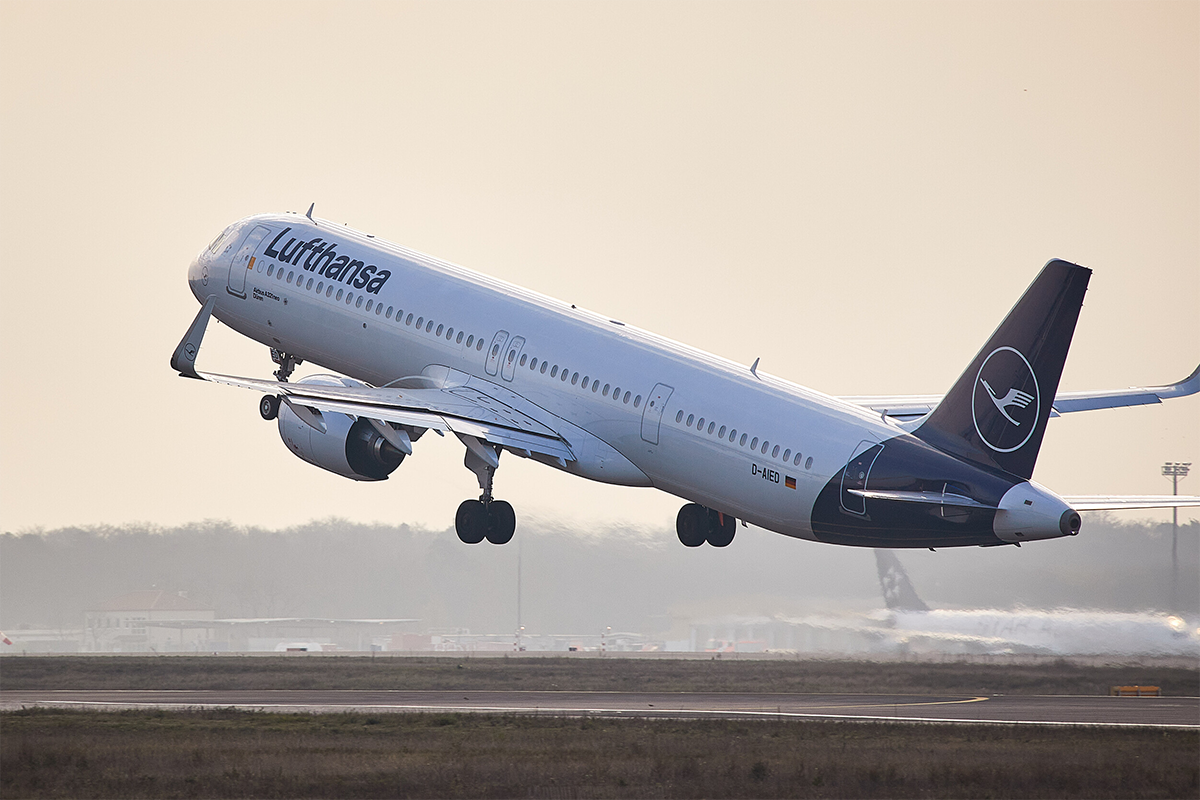These Are the Best Hospitality Companies to Work for in 2017

Skift Take
Hospitality companies throughout the U.S. employ more than 8 million and generate some $355 billion in total labor income, according to the American Hotel & Lodging Association (AH&LA) and in addition to being a major employer, the industry is also known for, well, being hospitable to the millions of guests who enter their properties every day.
But are hotel companies as hospitable to their own employees as they are to their guests? Judging from this year's annual Fortune list of the 100 Best Companies to Work For, that appears to be the case: five of the 100 companies listed are hospitality companies, the same as last year.
Of the five companies on the list (listed in order of this year's rankings) — Kimpton Hotels & Restaurants (which is owned by London-based InterContinental Hotels Group), Hilton, Hyatt, Marriott International, and Four Seasons Hotels & Resorts — three have made the list for every year that the list has been in existence (Kimpton, Marriott, and Four Seasons).
This year saw all but one of the hotel companies rose in their rankings from the previous year, with Four Seasons being the only exception. (See table below)
| List Rank | Last Year's Rank | Company Name | Total Employees | Full-Time Job Growth | No. Years on the List |
|---|---|---|---|---|---|
| 14 | 20 | Kimpton Hotels & Restaurants | 8,142 | -- | 20 |
| 26 | 56 | Hilton | 165,506 | 6% | 2 |
| 32 | 47 | Hyatt | 100,000 | -- | 4 |
| 33 | 83 | Marriott International | 218,512 | -1% | 20 |
| 79 | 70 | Four Seasons Hotels & Resorts | 41,201 | 1% | 20 |
Fortune compiles the annual list in partnership with Great Places to Work, which conducts extensive employee surveys of more than 230,000 people in total across a variety of corporations and industries. Each company's score is calculated from Trust Index survey feedback from a random sample of employees.
The surveys detailed some of the perks employees noted at their respective workplaces. At Kimpton, for instance, employees and their immediate family members can stay at any and all Kimpton hotels for $50 a night, and CEO Mike DeFrino sends congratulatory notes and Amazon or Barnes & Noble gift certificates to children of employees who achieve academic success.
At Hilton, all new parents receive two weeks paid time off, including an additional eight weeks for new birth mothers, and adoptive parents are reimbursed up to $10,000.
Hyatt employees can book up to 12 free room nights per year at any Hyatt hotel in the world, and the company also has a number of Diversity Business Resource Groups for networking and mentorship.
At Marriott, employees have TakeCare foundation benefits that includes income protection for extended time off or illness, injury, or to have a baby, parental leave, and much more.
Four Seasons also has a complimentary room policy for its employees.
While these five hospitality companies made it onto Fortune's annual list of the 100 best companies to work for, none made the list of the annual 50 "Best Places to Work" from Glassdoor, an online platform that acts like a Yelp for workplaces.
Last year, Airbnb took top honors as the No. 1 best place to work on Glassdoor's lists, which is determined by employee reviews, but this year, Airbnb's ranking fell from first in 2016 to 35th in 2017. The company's employee reviews score also dropped slightly from 4.6 out of five stars in 2016 to 4.2 stars out of five in 2017.
Glassdoor community expert Scott Dobroski told Bloomberg, "Airbnb has definitely dropped amongst the most ever. Airbnb continues to grow, and employees say it's now harder to find work-life balance, opportunities for advancement, and transparency from the top." He added, "These are common themes among emerging, private companies that are doing well globally."
In comparison to all the other hospitality companies listed on the Fortune 100, Airbnb is also valued more than any of them, with the exception of Marriott International ($33 billion). On March 9, the company's latest round of funding pegged the company at a valuation of $31 billion. Hilton's market cap, for example, is $18.47 billion, and Hyatt's is $6.6 billion, while the market cap of Kimpton's parent company, InterContinental Hotels Group, is about $9.32 billion.




